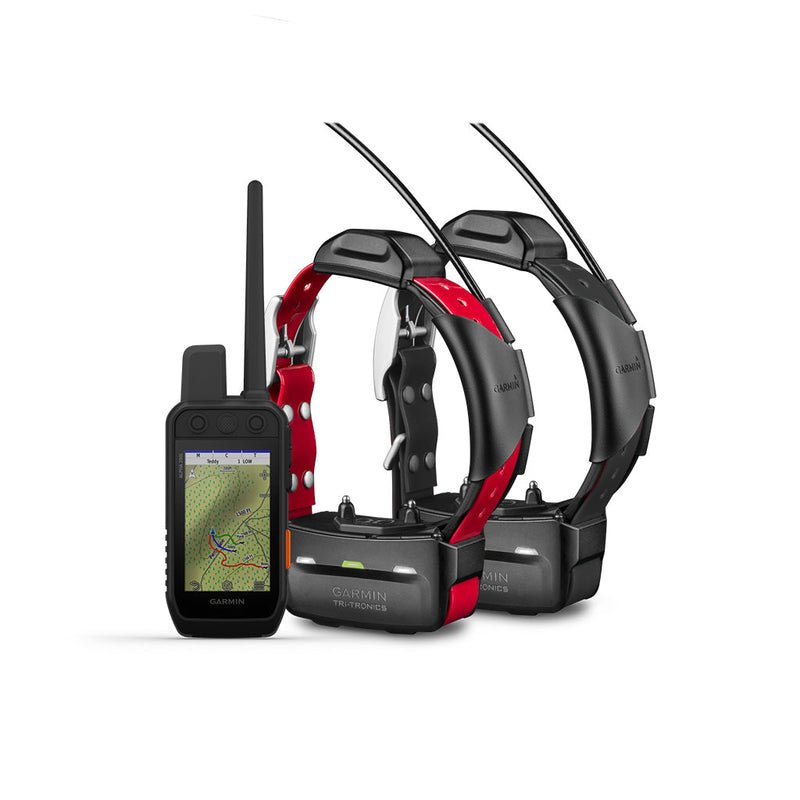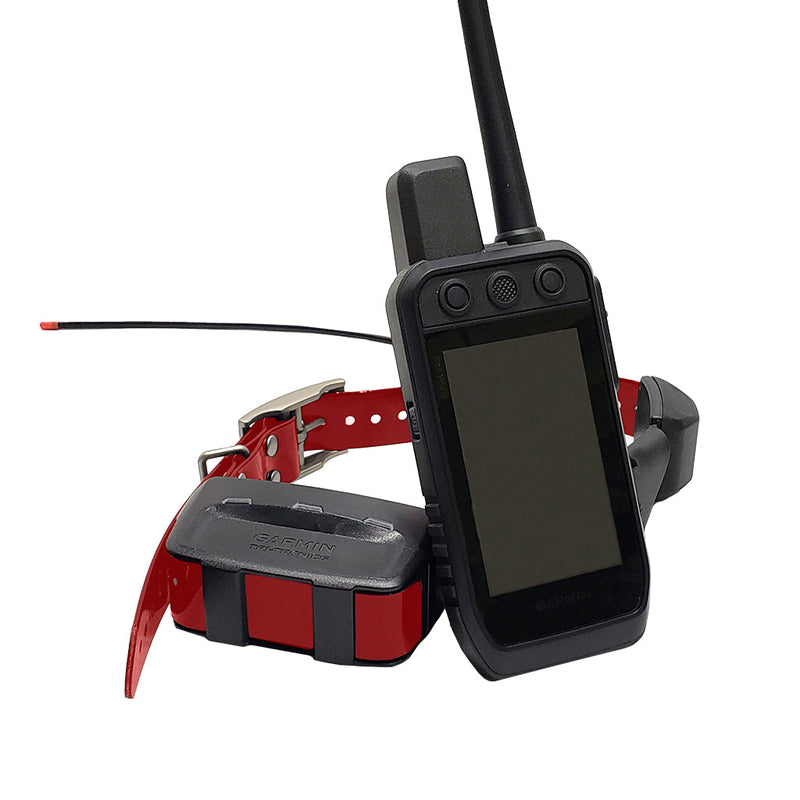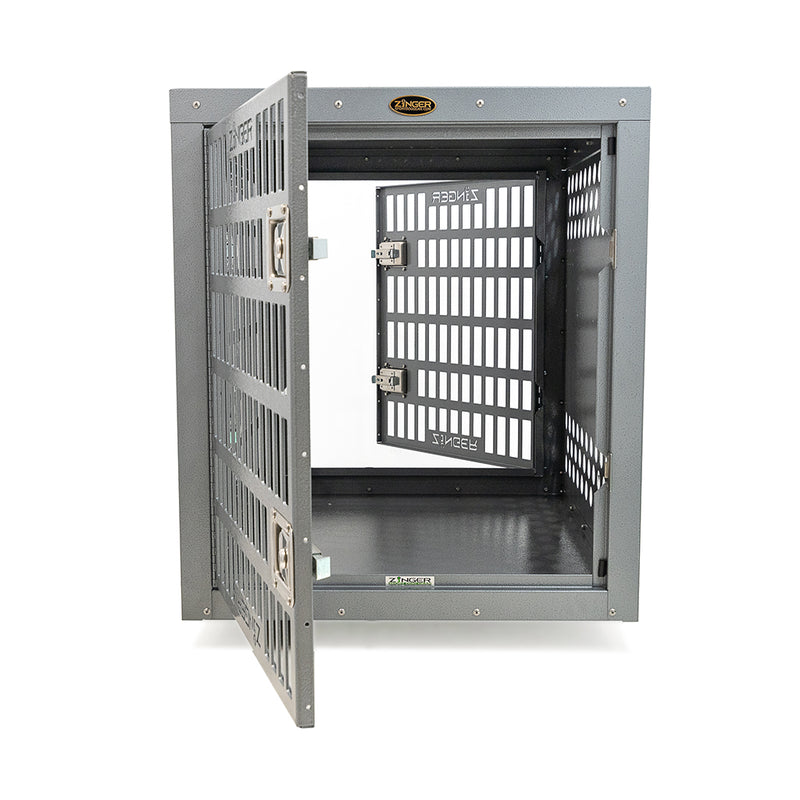Your Cart is Empty
Electronic Collars
Collars and Leads
Dog Tracking Systems
Dog Training
Bird Launchers
Hunting Dog Supplies
For The Hunter
10 Off-Season Tips for Your Hunting Dog
February 05, 2016 5 min read

Some trainers follow strict off-season conditioning regimes for their dog and many begin conditioning just a few weeks before the hunting season begins. And then there are those who never think about off-season conditioning their dog. Can you imagine lying around on the couch for eight or nine months, then suddenly waking one morning to run a 5k road race? That is essentially what we are asking our dogs to do when we don't put them through off-season conditioning. A good off-season program will make your dog more productive during the hunting season, but an even greater benefit is that your dog will live a healthier and happier life, and that is really what we want for our favorite hunting companion.
I consider off-season to be any time outside of the regular hunting season with seasonal temperatures ranging from cold to hot. Keeping this in mind serious training should begin in the spring and should slowly ramp up as hunting season approaches. If you don't already have an off-season program of your own we've compiled this list of 10 Off-Season Tips for Your Hunting Dog that you could adopt into your dog's regimen.
1. Run Your Dog
Running your dog is one of the best training exercises you can do for your dog. Running improves endurance and help keeps the dog limber and flexible, and builds strength. Besides the direct health benefits that running provides, running your dog slowly for long distances will toughen pads for resistance to ice, snow, hot surfaces and other surface dangers the typical hunting dog encounters. And when it's too warm to train try swimming your dog. Most dogs love to swim and it's a great conditioner in warm summer season.
2. Canine Strength Training
Let's not forget about strength training your dog, and yes, I said strength training. Some of the best dog trainers put their dogs through roading exercises to increase strength and endurance. Roading works by fitting the dog with a roading harness that places the load on the dog's chest rather than on the neck. This allows the dog to apply more pulling force against more resistance. Roading can be done by ATV, horseback, vehicle, bike, dog sled and even on foot. It's up to you to decide the best method for you and your dog. If this is done during the off-season you will notice a difference in your dog during the regular hunting season.
3. Adjust Food Intake to Current Activity Levels
Weight gain in dogs can occur for reasons of overeating, lack of exercise, and from medical issues. Some dog breeds like Labrador Retrievers are more susceptible to weight gain. In the offseason these dogs may benefit from a lower calorie formula, but these same dogs during the hunting season may require a higher energy food with increased calories during cooler temperatures. These high energy foods also provide increased fats and proteins to give your dog a metabolism boost to support the increased activity.
4. Practice Basic Obedience Commands
Don't wait until the first day on the hunting season to discover your obedience commands are not up to snuff. No matter how experienced your dog and how much time spent on obedience commands review is necessary, and the off season is the perfect time to practice and reinforce those important commands like whoa, heal, come, kennel and sit. Remember that these basic commands reinforce your role as your dog's leader as well as teach the dog helpful skills.
5. Maintain Socialization
Socialization isn't just for your puppy; it's something that needs to continue well into the dog's adult life. There are many cases of well-socialized dogs that turn aggressive a short time later, and hunting in the field with several of your hunting buddies is not a good time to discover that your dog has turned aggressive or suddenly fearful in certain situations. By exposing our dogs to different kinds of environments, people and animals, we can help them maintain their confidence throughout their lifetime.
6. Gear Inspection
Another off-season tip for the hunter is to go through your current gear now instead of waiting until the season starts to address any gear that needs to be repaired or replaced. I can think of no worse feeling than losing your dog because your e-collar is not functioning properly. The offseason is also a good time to give your collar a good cleaning. I know mine gets pretty banged up and dirty as the season goes on and I rarely take the time during the season to clean it.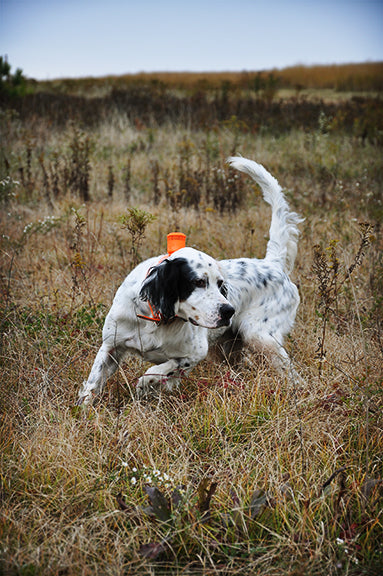
7. Keep the Nose in Tune
Want to keep your dog's nose in good shape? Shed hunting keeps your dog's nose tuned and it keeps them in shape physically because they cover a lot of ground during this activity. Also to keep your dog's nose sharp consider doing off-season bird work with live pigeons, and if pigeons are in short supply you can always train your dog on bird scents and freeze dried wings.
8. Off-Season Vet Visit
Before your dog begins extensive training and before your dog enters the field is a good time to give your dog a complete checkup from a veterinarian. This is also the time to update your dog with important shots and treatments to protect against diseases such as Lyme Disease.
9. Introduce New Products
Off-season is the best time to try out new hunting products with your dog. For example many dogs don't adjust to wearing boots immediately, so fitting your dog with boots for the first time should happen long before the field. Other product like harnesses, couplers, and even equipment like dog ramps should be introduced during the off season to allow adequate time for adjustment.
10. One Tip for the Hunter
Off-season training isn't just for the dogs. In fact, off season is a great opportunity for the trainer to refine his own techniques. If you noticed problem areas with your commands maybe you should take some time to refine them. For example, are you delivering your commands with the same consistency and intensity at all times, and are family members meeting the same consistency? Off season is the perfect time to address any command issues that might be confusing your pup, and chances are there is always room for improvement.
Now you have our Top 10 List of Off-Season Tips for Your Hunting Dog. We hope you can take something from this list and use it to your advantage. Do you have any good off-season tips of your own to share?
Leave a comment
Comments will be approved before showing up.
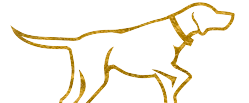
Subscribe
Sign up to get the latest on sales, new releases and more …
